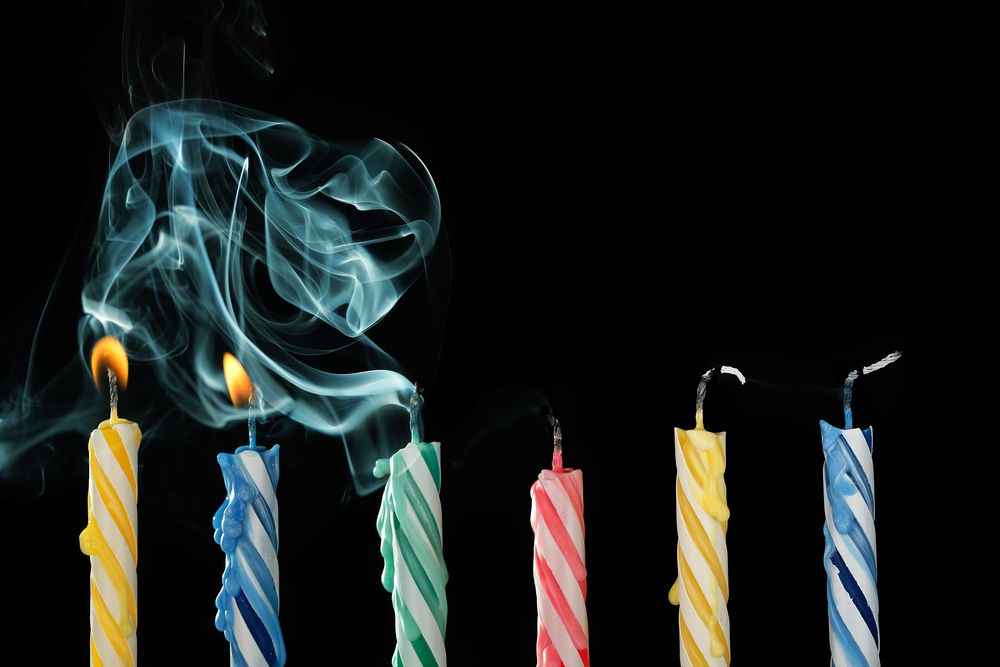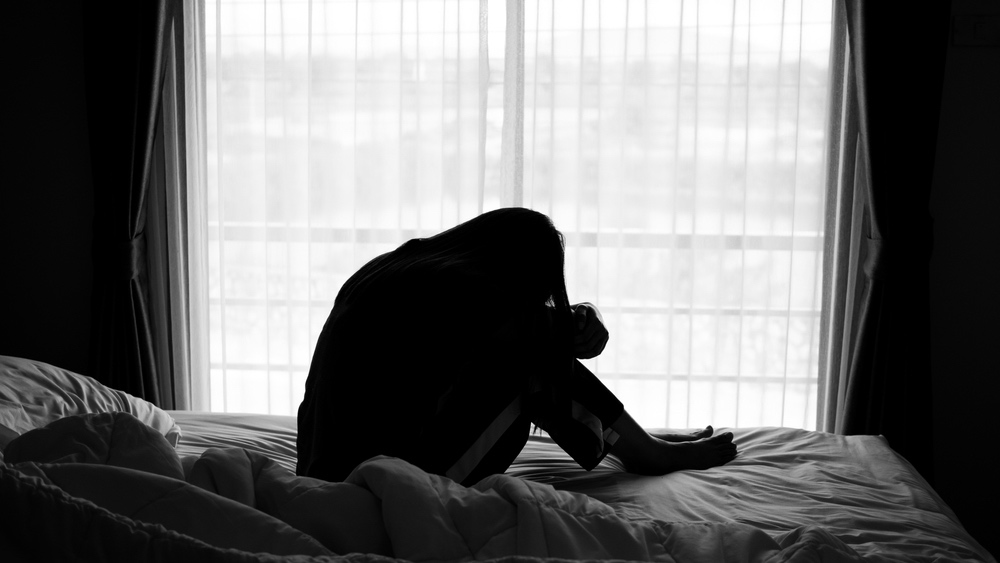Birthday blues: Why do you cry on your special day?
Trigger warning: This article contains mentions of depression and other mental health issues.
Have you ever found yourself crying (or feeling like doing so) on your birthday?
Birthdays are supposed to be happy. Celebrants reunite with their loved ones, get a cute cake, and post about how it's going to be their "best year" yet. Sure, it sounds like a typical manifestation—but for others, it's almost a cry for help. Is the latter the same for you, too?
Alve Jane Aranton, a psychometrician and writer, told PhilSTAR L!fe that she experienced the same thing on her 30th birthday. “I'm usually pretty excited when my birthday is coming up but this time, it's a lot different,” she said. “I feel like it’s a major shift from when I was still in my twenties.”
Roxanne (not her real name), who works in the creative industry, also recalled shedding tears during her birthdays in her early twenties. “Maybe it’s just how my brain works, but I feel like I’m not celebrating enough or making my birthday as special as it should be when the day is here,” she opened up. “[The crying was due to] several reasons, but it was mostly how I mostly feel not special enough—not special enough for my friends to make a big fuss about it, not special enough for long birthday greetings, [and] not special enough for Instagram Story greetings, [among other things].”
Law student Peach (not her real name) realized that stepping into adulthood meant her excitement for birthdays was shrinking. “[It’s] because I’m now in charge of the expenses for the celebration and since I already have a job, less gifts are given as compared to when I was a kid,” she said.
Such feelings of dread, apathy, anxiousness, and intense sadness over celebrating your birthday are usually tagged under “birthday blues” and even “birthday depression.”
Why it happens
According to licensed psychologist and college instructor Kiana De Castro, birthday sadness can be “rooted in the expectations that were set for us as a child that birthdays must be 'our day.' The celebrant must experience something grand and surprising for it to be celebratory.”
“Growing up, we realize that birthdays can be not so splendid. As we advance in age, we try to settle the internal drive to expect something and the rational idea that it will not happen, or if it happens, it will not be that grandiose,” she explained.
“Since the expectations are not yet compromised, there is fear when anticipating one's birthday,” she continued. “The anxiety is overwhelming to the point that it is worthy of being shared on social media, especially with their friends and trusted people. You want to expect that it will be great but at the same time, you know that expectations hurt.”

It isn’t surprising that existential thoughts linger during birthday season as it can also signal losing our grip with the things we feel familiar or comfortable with.
“For aging people, birthdays may also remind them of the changes in life. Previously, you [were] celebrating your birthday with your complete family members, then [you lose] them one by one, either because of moving out or unfortunate death. There is the fear of remembering happy memories and realizing that they will not be repeated, but not seeing the possibility of making new memories every year,” De Castro told L!fe.
Like Christmas, birthdays can also come off as a capitalistic venture or a lair of consumerism. De Castro pointed out that “others may see birthday parties and even celebrations to be impractical, especially now that life is really not financially easy. Hence, sometimes, we just can't accept that the experience is saddening, but we sugarcoat it with merely indifference or understanding.”
Is it birthday blues or birthday depression?
De Castro noted that depression is a diagnosis. "In the DSM-V-TR, it is major depressive disorder. If we will go technical with the terms, it is on MDD but situationally induced. Seasonal, as we call it," she explained.
According to the psychology expert, labels are very impactful in our well-being. "Using the term ‘birthday depression’ implies having depressive symptoms such as suicidal ideations, impaired functioning, and other relevant symptoms. Using the term ‘birthday blues’ can imply a more normal label, implying that birthday blues can be experienced by everyone, but not to the severity of calling it a disorder," she said.
"Even with symptoms, the term depression entails having life-threatening and distressful symptoms, whereas birthday blues is very specific that may lead to multiple symptoms, not lighter or less significant than depression, but more severe in long-term effects," she continued.
Can a person be diagnosed with birthday depression specifically? It’s possible, per De Castro, though it boils down to “the knowledge and expertise of the assessor and even the presence of the symptoms.”
“There can be multiple diagnoses wherein birthday depression may fall. Other than MDD, it can also be a form of acute stress, an adjustment problem or a disorder, or dysthymia. Not everyone has the predisposition to experience this and not everyone will be triggered by precipitating factors,” she added.
How to cope
To deal with birthday blues, Aranton suggested doing some self-reflection, which involves reminding yourself to “be extremely grateful for reaching a new phase in life, while surrounding myself with my closest circle.”
“It's hard to navigate the birthday blues and make them disappear right away but you just have to sit with those feelings and then find little glimmers in your life,” she said.

De Castro, for her part, highlighted the importance of communication, acceptance, and satisfaction.
“First, in case you have expectations and worries on your upcoming birthday, do not cope with it alone, as much as you do not want to celebrate it alone. Remember, people are not mind-readers and they will not know that you need help unless you inform them,” she stressed.
De Castro noted that you must accept that not everyone will remain the same forever and that birthdays are meant to be celebrated in the view of its essence, not on the gifts and surprises. “I hope, as we get older, we try to accept that changes happen and we learn to identify the people we want to celebrate this momentous occasion with. If we say that you do not want a celebration, mean it.”
“Following acceptance is satisfaction,” she continued. “There is no such thing as perfection, but only the concept of satisfaction. If you learn to be satisfied with the simple things in life and we live one day at a time, and we learn to spend everyday with the attitude of gratitude [than] reminiscing the past full of regrets, maybe this is the mindset that can make the birthday blues, if not disappear, at least get less.”
While finding humor in dread or seeking relatability online has been a knee-jerk reaction especially among the youth, it can only take us far. How can you know if it’s time to seek professional help?
“Birthday blues are as normal as holiday depression.But if your symptoms meet the 4Ds of a disorder—distress, deviance, dysfunction, and danger—it is the time to see a psychologist,” De Castro said. “And if the symptoms are already persisting beyond the birthday season, it might already be something more serious and merely coping may no longer be effective.”


